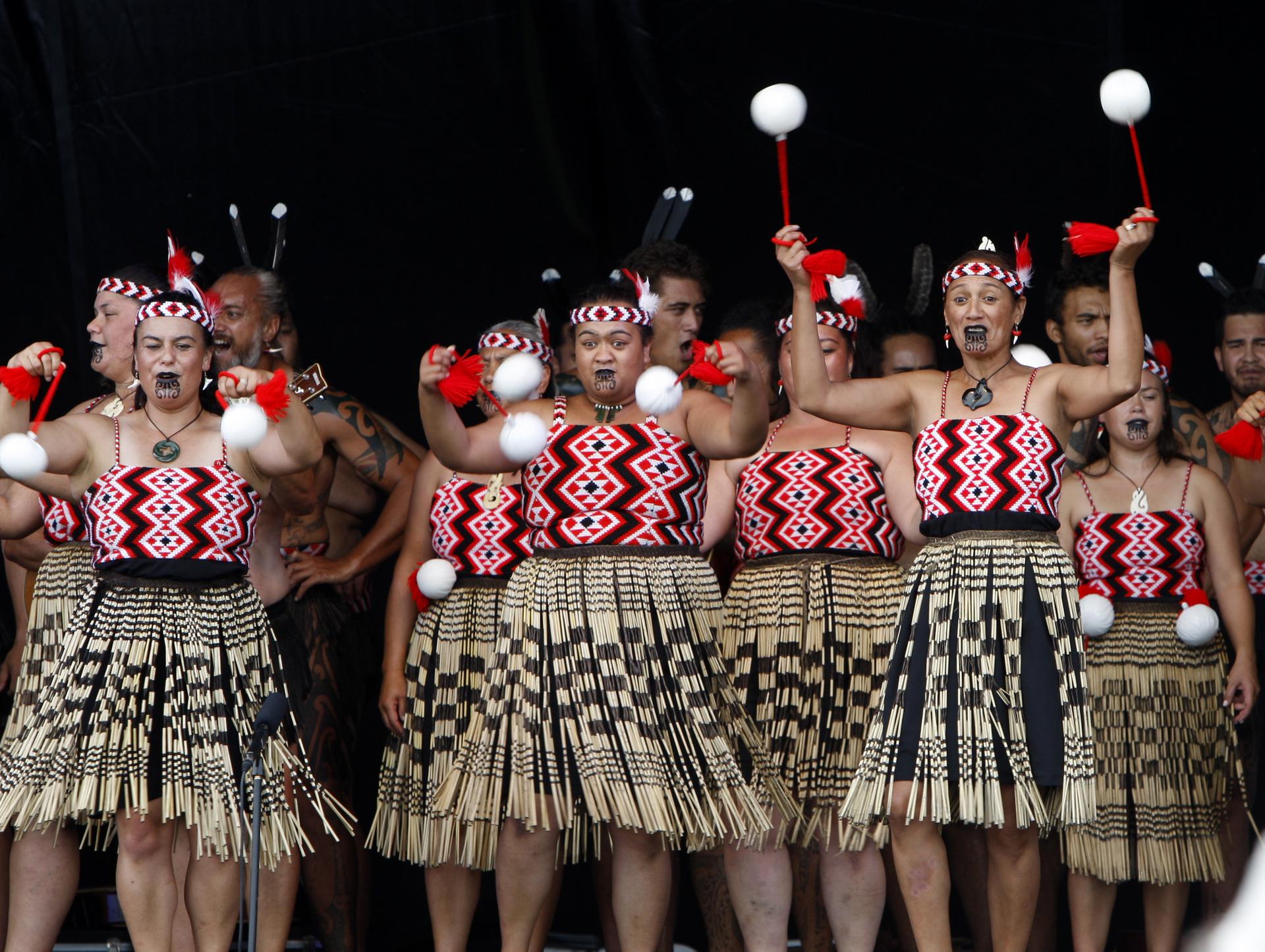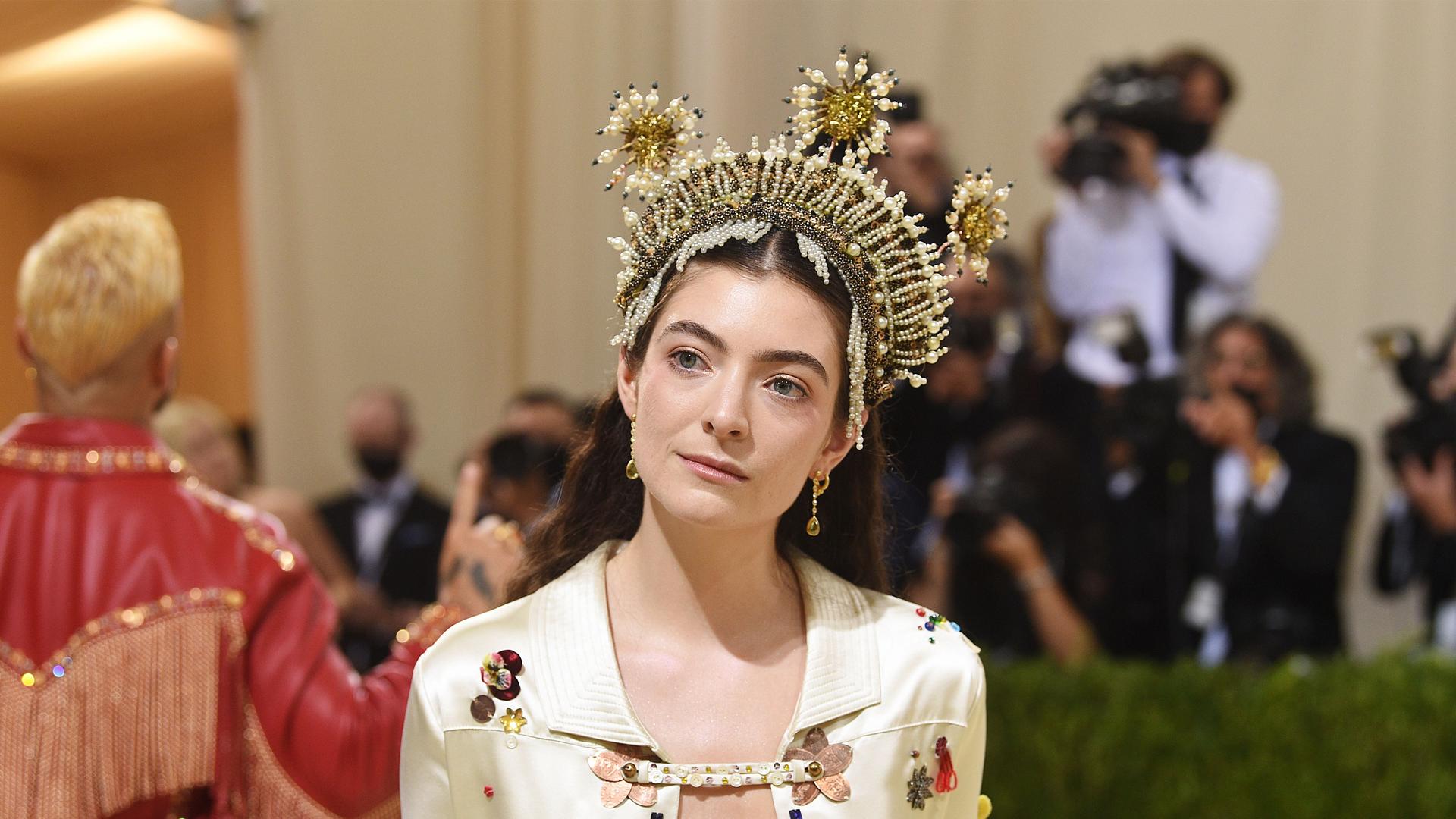New Zealand pop star Lorde’s new record “Solar Power” dropped a few weeks ago.
Now, the singer has released an album entitled “Te Ao Mārama,” or “World of Light” with five tracks from “Solar Power” adapted to Māori, the language of the Indigenous Māori people of New Zealand.
Lorde, who has described the project as “powerful” and a “starting point” of a journey, is not Māori — nor does she speak the language, but she had a wide range of consultants, including some Māori elders, for the songs’ cultural and language adaptation.
Hēmi Kelly, a full-time lecturer in Māori at the Auckland University of Technology who advised Lorde on the album, said that before getting involved, he sat down with the artist to get to know her and her intentions.
“One of the big pushes of this whole movement is that the language be normalized so that it sits alongside English here in New Zealand and in our society, and it’s given the same recognition. And the intentions of Lorde aligned with those efforts.”
“One of the big pushes of this whole movement is that the language be normalized so that it sits alongside English here in New Zealand and in our society, and it’s given the same recognition. And the intentions of Lorde aligned with those efforts,” Kelly said.
The release, which comes during Māori Language Week, has received a wide range of reactions from the Indigenous community and others across the country.
These types of collaborations are important to Eruera Keepa, a Māori communications specialist in Rotorua, a town in New Zealand’s North Island. Keepa says the album leaves him feeling proud. His favorite song is “Te Ara Tika,” or “The Path”
“…[T]o hear our native tongue broadcast to a wider audience outside of NZ is huge for our language.”
“Although it might not seem like a big thing, it actually is a big thing. Because sometimes that’s where a lot of issues happen is through the lack of consultation. So, to hear our native tongue broadcast to a wider audience outside of New Zealand is huge for our language.”
Lorde’s tracks in Māori are available on the singer’s YouTube channel with both Māori and English subtitles. Though many listeners won’t understand the Māori lyrics, Keepa hopes the songs introduce many to the language.
But for other Māori people, Lorde singing in their language has brought up a painful history of alienation during New Zealand’s colonization.
“Removal of the Māori language was used by colonizers to marginalize, isolate, oppress, disenfranchise Māori from being Māori.”
“Removal of the Māori language was used by colonizers to marginalize, isolate, oppress, disenfranchise Māori from being Māori,” said Kiri Dell, a researcher of economic development of Māori and other Indigenous communities in New Zealand.
“So, whenever the Māori language is a topic, it is a sore one because of the pain that has been associated with its strategic removal by the colonizers, of our Indigenous communities.”

Dell said she is unsure about how much celebrity awareness is needed for a language to survive. When she heard the album, she said she didn’t feel much because she doesn’t look up to people like Lorde to engage in her Māori identity.
Instead, she turns to people like her mom, Hinetu Dell, a former teacher who grew up during a time when the language was even less accepted than it is now.
Today, only 20% of the Māori population and 3% of all Kiwis can speak Māori, according to a recent statement from the Māori Party.
Māia Week, in Waiheke Island, in the Hauraki Gulf of New Zealand, said the Māori language continues to face an uphill and often racist battle.
As an Indigenous person, she said she sometimes feels defensive when non-Māori celebrities insert themselves into the conversation. Week stressed that she hopes that Lorde will continue to stand with Māori communities as they fight systemic racism across the board.
“Don’t let this be a one-time thing. Let this start a journey. Stand with us. Uplift us. Listen to us. Because, as an Indigenous person, it’s painful going through this continued colonization,” Week said.
As this conversation has unfolded online, many people have been highlighting their own favorite Māori musicians. While some Māori songwriters and singers enjoy large followings in New Zealand, hearing Indigenous languages on commercial radio in New Zealand is rare.
